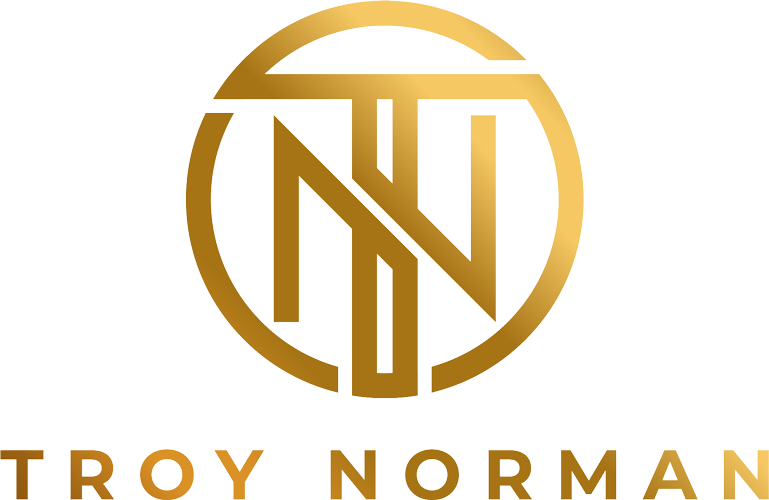In today’s global and interconnected world, managing a diverse team has become more important than ever. With different cultures, backgrounds, and experiences come unique perspectives and ideas, but it also brings its own set of challenges. How can leaders effectively manage a team where differences in values, beliefs, and communication styles may lead to misunderstandings and conflicts?
The answer lies in turning those differences into strengths and creating a culture of diversity and inclusion. In this article, we will explore effective strategies for managing a diverse team, from promoting open communication and active listening to fostering a culture of respect and collaboration. Whether you are a seasoned manager or just starting, this guide will provide you with the tools and insights you need to lead a diverse team successfully.
Benefits of managing a diverse team
Research shows that a diverse team can lead to increased creativity, innovation, problem-solving skills, and productivity. A team with a variety of perspectives and experiences can generate new ideas and solutions, resulting in better decision-making and improved performance. Furthermore, a diverse team can improve employee engagement and retention, leading to a more positive and supportive work environment.
Challenges of managing a diverse team
Managing a diverse team can also present unique challenges, such as communication barriers, cultural differences, and resistance to change. Communication barriers can arise when team members speak different languages or have different communication styles. Cultural differences and misunderstandings can occur when team members have different beliefs, values, and customs. Stereotypes and biases can also impact the way team members perceive and interact with each other, leading to tension and conflict. Finally, some team members may be resistant to change and hesitant to embrace new ideas and approaches.
Strategies for managing a diverse team effectively
To manage a diverse team effectively, leaders need to take a proactive approach to building and managing their team. Here are some strategies that can help:
- Building a diverse team: Recruitment and selection
- Cast a wide net in your recruitment efforts to attract a diverse pool of candidates.
- Avoid making assumptions about who will or will not be a good fit for the team based on cultural or other stereotypes.
- Evaluate candidates based on their qualifications, experience, and potential, rather than their cultural or other differences.
- Providing diversity training and awareness programs
- Train team members on cultural differences, communication styles, and other aspects of diversity.
- Encourage team members to ask questions and seek clarification when they encounter differences.
- Provide opportunities for team members to learn about each other’s backgrounds and experiences.
- Encouraging open communication and active listening
- Create an environment where team members feel comfortable sharing their thoughts and ideas.
- Encourage active listening and respectful communication.
- Foster a culture of open feedback and constructive criticism.
- Embracing differences and promoting a culture of inclusion
- Emphasize the value of diversity and the importance of inclusion.
- Celebrate diversity and promote a culture of respect and acceptance.
- Encourage team members to share their unique perspectives and experiences.
- Recognizing and managing biases and stereotypes
- Educate team members on the impact of biases and stereotypes.
- Encourage team members to challenge their assumptions and biases.
- Establish policies and procedures that prevent biases and discrimination.
- Resolving conflicts in a constructive manner
- Address conflicts promptly and directly.
- Encourage team members to discuss their differences openly and respectfully.
- Mediate conflicts and find common ground.
- Celebrating diversity and promoting teamwork
- Encourage team members to celebrate and learn from each other’s differences.
- Promote teamwork and collaboration.
- Provide opportunities for team members to work together on projects and assignments.
Effective leadership for a diverse team
Effective leadership is critical for managing a diverse team. Inclusive leaders understand the importance of diversity and inclusion and are committed to fostering a culture of respect, acceptance, and collaboration. Here are some characteristics of effective leaders for a diverse team:
- Self-awareness and cultural competence
- Understand your own biases and cultural background.
- Develop cultural competence by learning about different cultures and customs.
- Recognize and address any unconscious biases that may affect your leadership style.
- Open-mindedness and flexibility
- Be open to new ideas and perspectives.
- Adapt your leadership style to accommodate the needs and preferences of different team members.
- Be flexible and willing to make adjustments as needed to ensure that everyone feels valued and supported.
- Empathy and active listening
- Show empathy and understanding towards team members who may be struggling with cultural or communication differences.
- Practice active listening and seek to understand the perspectives and experiences of others.
- Provide support and resources for team members who may need additional assistance.
- Clear communication and expectations
- Communicate clearly and effectively with team members.
- Establish clear expectations and goals for the team.
- Ensure that everyone understands their roles and responsibilities.
- Accountability and recognition
- Hold team members accountable for their actions and behavior.
- Recognize and reward team members for their contributions and accomplishments.
- Encourage team members to take ownership of their work and to strive for excellence.
Promoting a culture of diversity and inclusion
To effectively manage a diverse team, it is essential to promote a culture of diversity and inclusion throughout the organization. Here are some strategies for promoting diversity and inclusion:
- Establishing a diversity and inclusion committee
- Form a committee dedicated to promoting diversity and inclusion in the workplace.
- Provide resources and support for the committee to carry out its mission.
- Encourage all team members to participate in the committee’s activities.
- Providing diversity training and education
- Offer training and education programs on diversity and inclusion.
- Ensure that all team members have access to these programs.
- Make diversity and inclusion education a regular part of team meetings and retreats.
- Acknowledge diversity and cultural events
- Acknowledge cultural events and observances.
- Encourage team members to share their cultural traditions and experiences.
- Create a calendar of cultural events and observances to ensure that all team members feel included.
- Establishing policies and procedures that promote diversity and inclusion
- Establish policies and procedures that prevent discrimination and bias.
- Ensure that all team members understand these policies and procedures.
- Hold team members accountable for following these policies and procedures.
In conclusion, managing a diverse team effectively can be a challenge, but it is also an opportunity to create a stronger and more inclusive workplace culture. By embracing differences and promoting a culture of collaboration and respect, managers can harness the unique strengths of each team member and achieve better outcomes together.
The strategies outlined in this article, including promoting open communication, practicing active listening, providing cultural competence training, and fostering a culture of respect and collaboration, can help managers navigate the challenges of managing a diverse team and create a more productive and fulfilling work environment for everyone.
If you’re a corporate leader or manager, I encourage you to take the lead in instituting these strategies in your organization. By being a champion of diversity and inclusion, you can help create a more equitable and successful workplace for your team and your company. So, let’s work together to turn differences into strengths and build a brighter future for all.
Feel free to visit my website at https://troynorman.net


